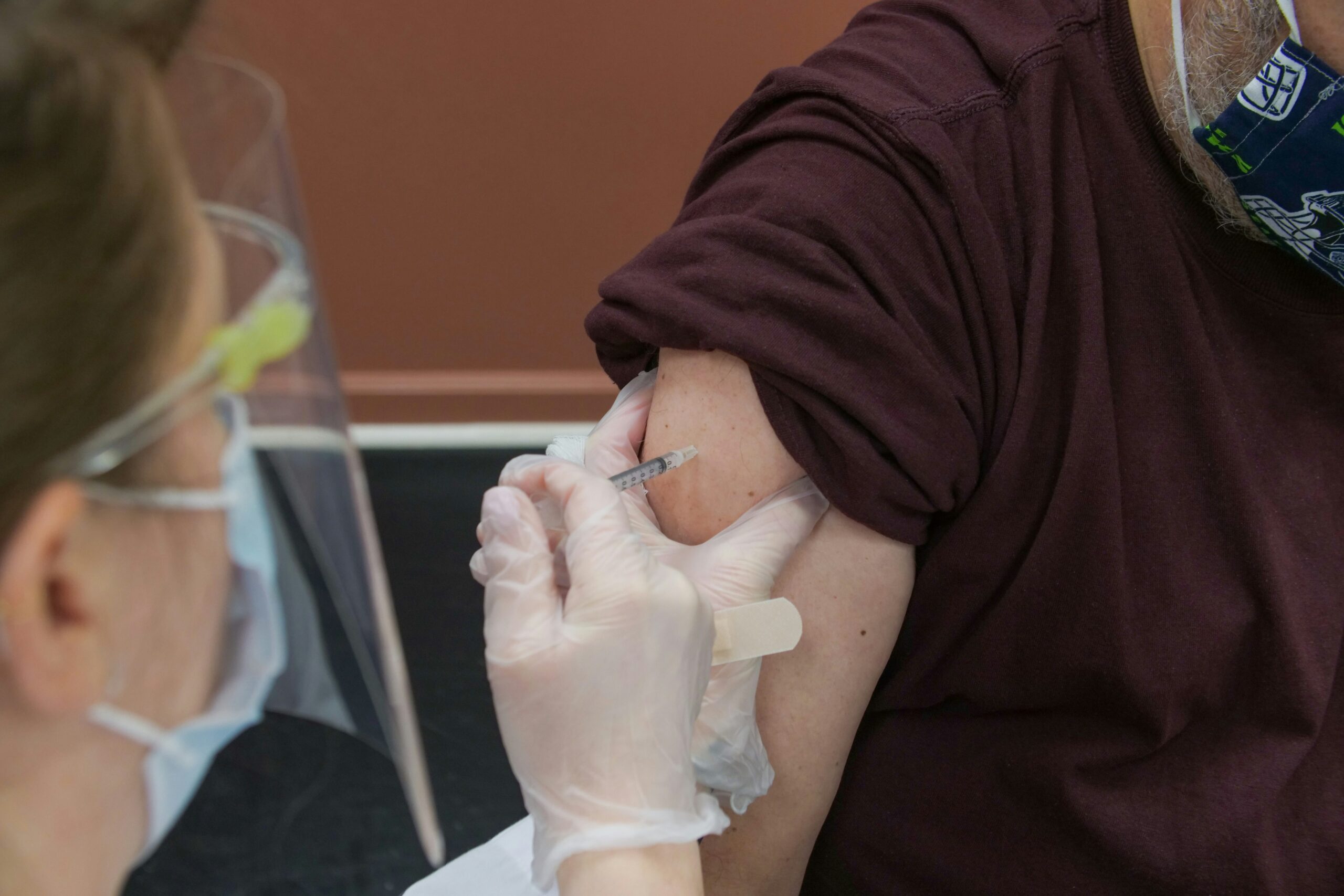When a loved one goes to drug rehab, you may not be sure how to help them. Even after the person successfully completes treatment, you still may be unsure about what your role in their recovery should be. Learning how to help a loved one after drug rehab can ensure that they remain on the path towards lasting recovery long after their addiction treatment program.
How To Help a Loved One After Drug Rehab
There are numerous ways to help a loved one after drug rehab. One of the best ways you can help yourself and your loved one is to participate in a family therapy program through the treatment center. This program will teach you how to communicate effectively and respectfully with your loved one regarding their addiction and recovery. Once you reach a new place of forgiveness and understanding, you will be better equipped to help them once they return home. Remember to have patience and strong boundaries with your loved one.
Other ways to help a loved one after drug rehab include:
1. Speak to a professional.
Call the drug rehab that your loved one is about to leave. Some facilities have a staff member who can guide you through the process of caring for your loved one post-rehab. This person can give you advice and answer your questions. Hold onto his or her name and phone number. Keep in mind that recovery is different for everyone, and your loved one may hit an obstacle that you weren’t expecting. Don’t beat yourself up over not knowing what to do. Give your contact person a call—that is what they’re there for.
2. Ask questions.
To know what your loved one needs from you, ask. It’s also important to ask your loved one what they need from people that the two of you know such as friends, other family members, or even neighbors. What can your friends and family do to be there for him or her? You may find that you’re able to help by facilitating the communication of needs to these people.
3. Listen. Just listen.
Sometimes, people just want to be heard. Listen to the person’s problems and thoughts about recovery or the future. He or she wants to know that someone cares. Besides, talking to someone releases stress and helps people to better face their issues.
4. Encourage continuation of therapy.
The fight isn’t over when someone walks out of drug rehab. Continuing therapy is essential to recovery. The recovering addict should be seeing a therapist, attending AA meetings or engaging with other support groups. It’s recommended that they follow through for at least one year.
Stay aware of appointments or meeting times so that you can remind your loved one of them. You can also offer to take him or her to therapy.
5. Observe behavior.
Watch for lying, which the person probably did when using. If you see this behavior again, don’t ignore it. Other indications of relapse include blaming others, fatigue, and depression. Of course, these aren’t foolproof signs, but it’s important to know what to be watching for after drug rehab.
Helping a Loved One After Lakeview Health
Your loved one has a better chance at recovery if they have the support of friends and family. The best thing you can do is to be there for them after drug rehab. Know what to expect, ask questions, be a shoulder to lean on, encourage post-rehab therapy, and recognize the warning signs of relapse should they appear. After drug rehab is the time when your loved one needs you the most. Lakeview Health offers alumni support to those who complete our drug rehab program. Our alumni program offers educational programs and social events to help keep you informed and connected to Lakeview Health.
When you’re ready to learn more about how to help a loved one after drug rehab, contact Lakeview Health today at [Direct].
We currently accept Aetna, Cigna, and United Healthcare. We do not currently accept Medicare, Medicaid, or Florida Blue.




